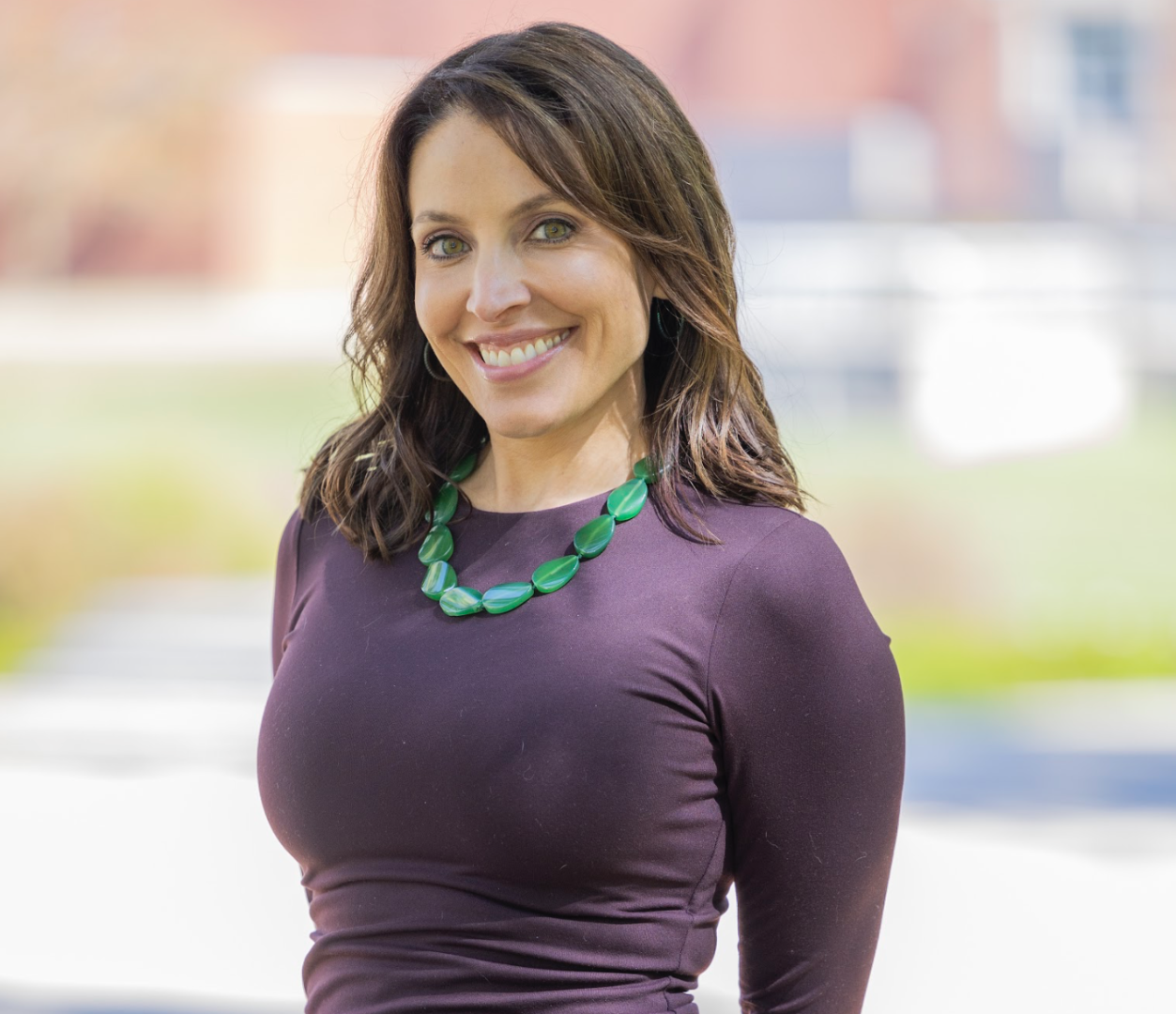
Hands-on, applied, experiential learning. Although the language changes, my education and career experiences have centered around this learning model.
In 2004, I began a 13-month master’s program in broadcast journalism at Syracuse University. It was the most challenging year of my life but also a time of tremendous growth in my practical skills, critical thinking and confidence.
I produced television and radio news stories throughout Central and upstate New York, which included pitching, writing, interviewing, recording, editing and delivering stories under intense deadlines. The region served as my laboratory, and classrooms included edit bays, recording studios and newsrooms, where my peers and I participated in lively discussions, critically examining television packages and media ethics.
I consider that year one of my most defining life experiences. It set the stage for my career in journalism in Washington, D.C., where I lived and worked after graduating.
After almost a decade in the nation’s capital, I returned to school in the Midwest for a doctoral program to work toward my dream job of becoming a professor of communication.
I appreciate the vastness of the communication discipline; it is unique since it requires my colleagues and me to continually learn new technology and mediums as well as stay current with pop culture.
So, when I was asked to serve as “The Reflector’s” adviser last year, I immediately responded, “Yes!” I was eager to teach students how to integrate academics into real-life settings and watch their skills grow and flourish.
Communication departments excel at experiential learning. Students in COMM 120: Experiential Journalism are motivated and dedicated individuals who practice researching, writing, synthesizing information, fact-checking and publishing. They learn how to tell stories and contribute to their communities productively and meaningfully.
I am excited to grow the staff by bringing students on board from other majors. Various perspectives and skills will enhance the newspaper and increase its representation on campus.
Over time, I look forward to helping build the newspaper’s online publication and social media presence. Nowadays, the industry requires journalists to do it all. They must learn and produce multimedia to survive in a competitive, ever-evolving industry.
The staff and I welcome your story ideas and feedback and invite you to stop by the newsroom in Esch Hall room 333. Thank you for providing staffers with invaluable learning opportunities by providing interviews. You are contributing to “education for service,” which student journalists exemplify.







